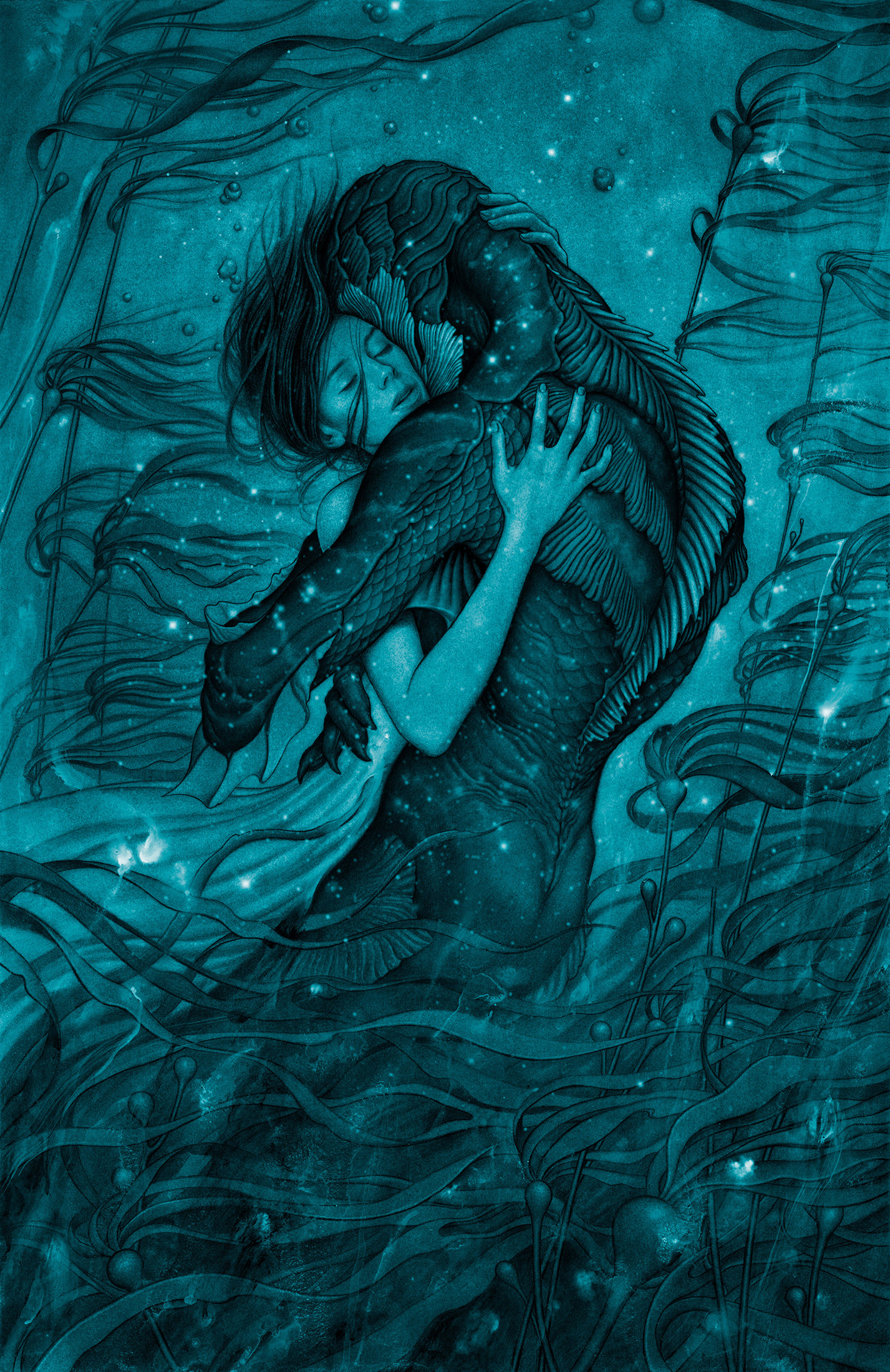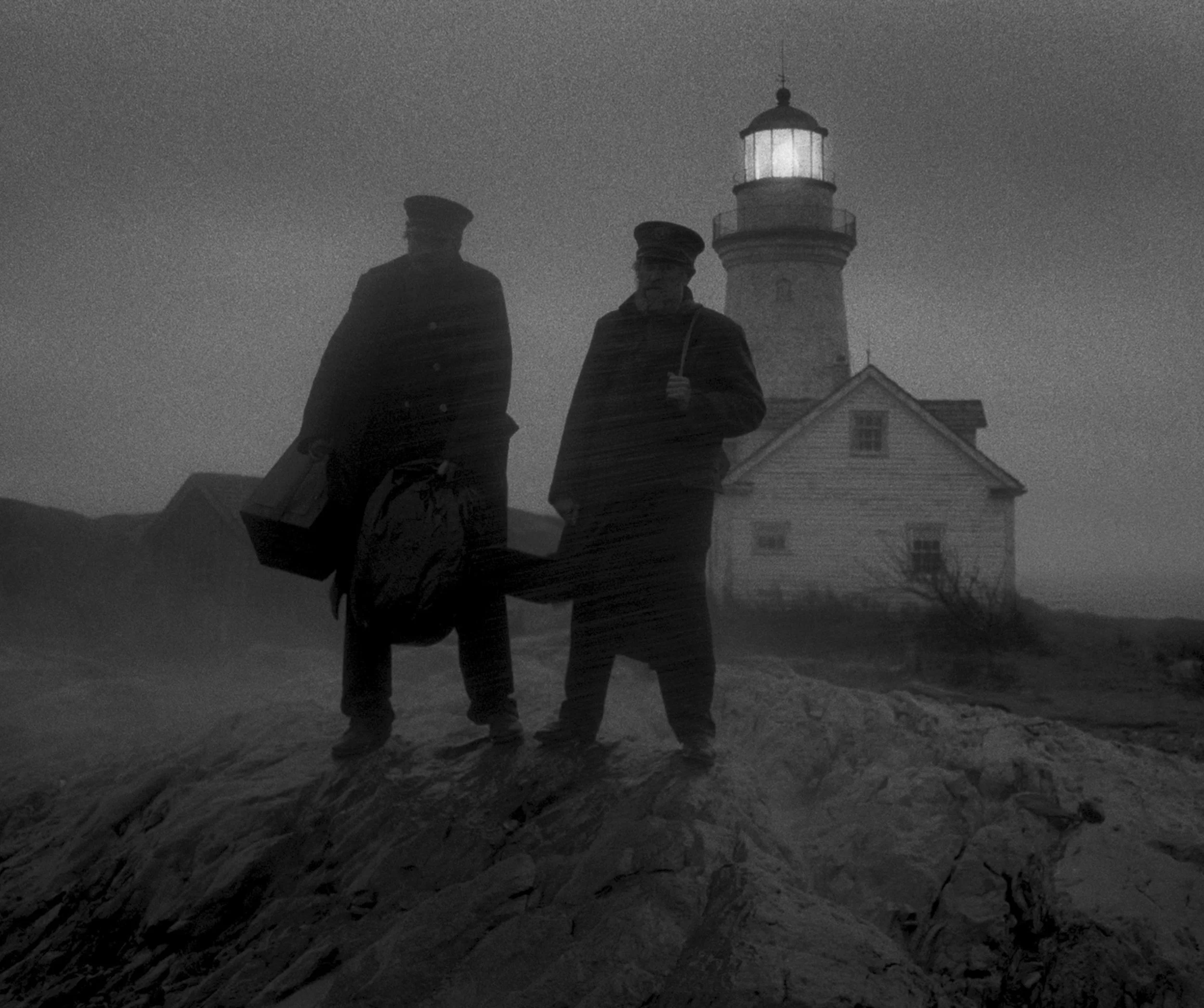Father Daughter Hijinks - On the Rocks
In 1950, Akira Kurosawa directed a film called Rashomon. It offered audiences different vantage points on a singular event and asked them to evaluate which perspective reflected reality. The truth is, reality can be somewhat muddled and our previous experiences can dramatically alter how we view any given moment. Such is the case with On the Rocks—Sophia Coppola’s comedic take on the modern marriage, infidelity and inter-generational exchanges. But beneath all the layers of “is he or isn’t he,” this is just as much a tale of who our parents make us. There’s a lot going on, but Coppola handles it well and creates a satisfying narrative that should go over well as the after-dinner movie choice.
Laura (played by Rashida Jones) and Dean (played by Marlon Wayans) are a recently married couple raising young daughters in Manhattan. With some of the spice fading from their marriage, Laura starts to think Dean could be cheating on her. After observing a number of suspicious details, she fears the worst and decides to ask her father, Felix (played by Bill Murray) what she should do. Felix, being the off-the-wall personality he is, suggests that the next best step is obviously to investigate. Hijinks ensue.
Chasing Dean around town, Laura and Felix have meaningful discussions on the nature of marriage, the nuances of gender relations and their own father-daughter relationship. They follow Dean through late night meetups for business and international travel. In the end, she winds up with answers to all her questions—even ones she didn’t know she had.
Every fact, depending on who it is viewed by, can lead to radically different conclusions. What On the Rocks does best is it goes beyond this traditional setup and explores the ways our lenses become clouded over time. As Felix guides and misguides Laura on her quest to catch Dean in the act, he reveals his own shortcomings and it colors the way we understand Laura. Though the film is ostensibly about Laura, Bill Murray is the star of the show and is given the most to do. The result is a main character we don’t ultimately care about very much.
In the end, it is not clear what the message is here. There are moments and there is heart, but there isn’t quite enough heft to put this on the same plane as Coppola’s previous works. She pulls her punches in critical moments and fails to engage with some of the material that is right in front of her. The fact that Rashida Jones is Black, for instance, could have been leveraged for complex messaging when she watches her white father smooth talk his way out of getting pulled over by the police. Instead, it is a moment for maximum star appeal from Bill Murray and not much more.
It is an altogether watchable movie with just enough zing to be worthwhile, but it misses out on several additional layers a film maker like Kurosawa might have been able to plumb.
______________
If you like our content, please SHARE using the buttons below and SIGN UP for our monthly newsletter to stay up to date on the latest!










